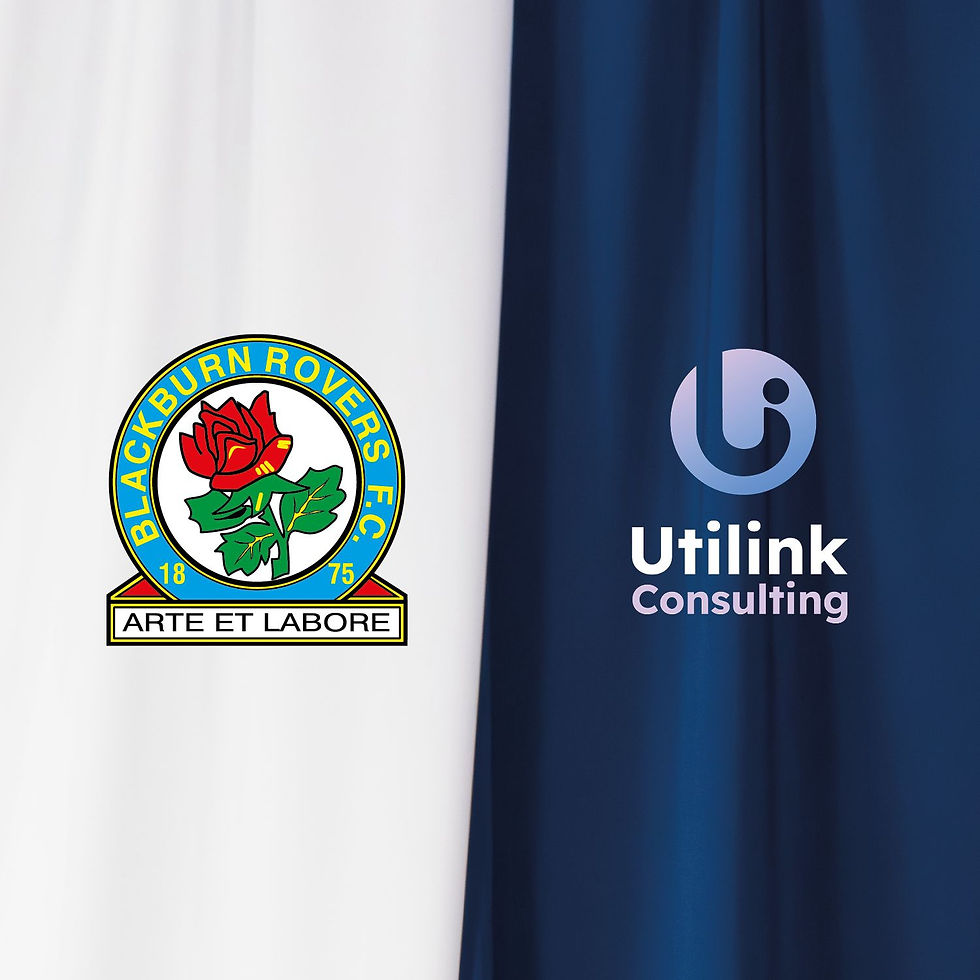Reduce water consumption in your hotel
- Utilink

- Mar 15, 2024
- 3 min read
There are many things to consider when running a hotel, and reducing your water waste is one of them. Read on for tip on reducing your hotel's water consumption.
No home or business wants to waste water, and will do all they can to use their water more efficiently. Hotels have the problem of keeping water consumption down for both commercial and moral reasons. The issue with running a hotel is that you cannot control how much water your guests use in their room, but there are also many other areas of the hotel that use water that you can control. Water usage makes up approximately 10% of the utility bill, so it is important to use water wisely, and we do have some tips and tricks.
Understand your water usage
The first thing you should do is work out how much water you currently use and the costs of this. Doing this first means you can then set reasonable and realistic targets going forward. The best way to check your current water usage is to install water meters, and take reading regularly, as this means you can see how much water your hotel is using as a whole and helps you identify any problem areas.
You could even make an estimate of guest water usage by taking the total water used by guests and dividing it by the number of rooms.

Make a water management plan
Once you have a grip of your current water usage you can set out your goals going forward, and these should be communicated properly to your staff. You can put new plans and procedures in place so all employees are using water more efficiently. You may bring new rules in place such as not leaving taps running while cleaning etc, and all employees need to be on board with this. Employee usage will be a big part of your water consumption. Also, ask the staff themselves for any suggestions, as they may have ideas you haven’t thought of, as they are doing that job everyday.
Install water efficient appliances
As well as installing water efficient appliances, there are also ways you could use existing appliances more efficiently.
Dishwasher - Only use your dishwashers when they are full. No need to waste water, only washing a few dishes at a time.
Showers and taps - You can set your showers and taps to have a maximum flow of ten litres per minute. If you are worried about the guests being unhappy with the slightly weaker flow you could leave signs in the room explaining you are trying to reduce water waste.
Toilets - You can also install low flow toilets. These are estimated to use between 2-4 times less water than some older models.
Laundry rooms - Again, make sure the washers are full before using them. Also when buying new machines, you can seek out ones with better water efficiency.
Gardens - Avoid using automated watering systems. You can also use forms of rainwater harvesting which can be stored for watering plants.
Guest water usage
This is a trickier one as you can’t control your guests' water usage, plus you want them to have a comfortable visit, without being lectured on water consumption. The best thing to do, and many hotels do this, is to put a few signs in the rooms to at least make the guest aware. You could leave one above the sink asking them not to leave the tap running when brushing teeth. There could be reminders that showers are more water efficient than baths, and ask guests to reuse their towels. Some hotels suggest leaving towels in the bath if they want them changed, if they are not there, the cleaner can assume you are happy to reuse the towels.
Grey water system
Consider installing a grey water system. They can be expensive to install but will pay off in the long run. They are basically a water recycling system, and can reduce your water consumption by up to 50%. Some clean water that is used, like after washing yourself, or dishes for example, will be treated and recycled and put in the system. Due to the high expense of these systems it can take a few years for you to see the benefit financially, maybe even up to 15 years. But it will pay off, and of course it is great for saving water, if this is your priority over finances.
Check for leaks
You should always check for leaks, it is worth paying for extra maintenance checks as you don’t want to be paying extra for leaks you are unaware of. You should check for leaks in all areas of your hotel, including the swimming pool, if you have one. In regards to the pool you could also cover it up when not in use to stop evaporation.




Practical and timely advice — small changes in water use can lead to big savings. Interestingly, I’ve seen a similar focus on smart resource management at https://luckypays-uk.co.uk/ where efficiency meets user engagement.